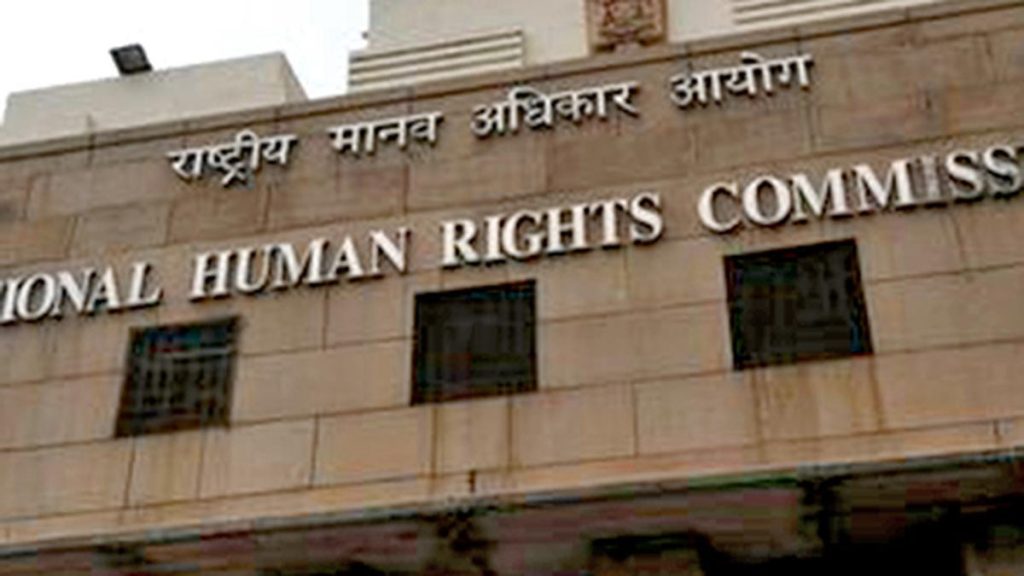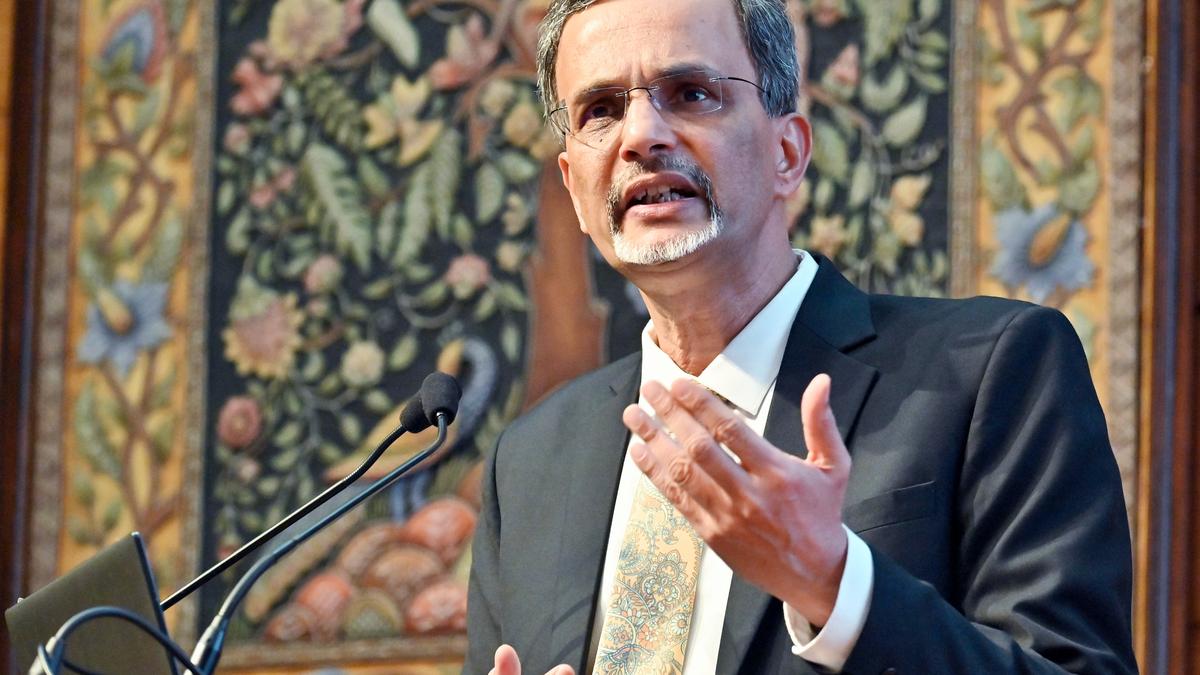Now Reading: Karnataka’s AIDS Prevention Society-NHM Merger Ignites Debate
-
01
Karnataka’s AIDS Prevention Society-NHM Merger Ignites Debate
Karnataka’s AIDS Prevention Society-NHM Merger Ignites Debate
Swift Summary:
- Karnataka Health Department plans to integrate the Karnataka AIDS Prevention Society (KSAPS) into the National Health Mission (NHM), citing improved service delivery and resource optimisation.
- The integration includes a “rationalisation plan” under National AIDS Control Program-V aimed at addressing staffing shortages and operational inefficiencies.
- Key personnel changes include re-designation of posts like Joint Director (Basic Services) to Joint Director (AIDS Prevention),while retaining 450 counsellor posts,455 lab technician posts,along with Senior Medical Officers and Medical Officers for Anti-Retroviral Therapy centres.
- Certain positions such as Deputy Directors (ICTC) are proposed for abolition to reduce redundancy.
- Public health experts, HIV activists, healthcare workers, and civil society groups have raised concerns over potential stigma, disruption of services, and violations of WHO protocols amid fears it may weaken Karnataka’s targeted HIV control programme.
- activists highlight that KSAPS has operated as a dedicated programme since 1997 catering specifically to HIV testing,treatment adherence monitoring,counselling services tailored for community needs in a state with double the national average prevalence rate of 0.42%.
- Officials argue integration will cut costs while streamlining services closer to patients’ homes without affecting confidentiality. Plans include dialogues with stakeholders before implementation or expansion through pilot projects.
Indian Opinion Analysis:
The proposed integration highlights an important tension between cost optimisation in healthcare governance versus safeguarding specialised services critical for vulnerable populations. While consolidating KSAPS into NHM may improve efficiency on paper by reducing redundancies and utilising existing infrastructure like lab technicians in district hospitals for wider outreach of HIV testing facilities-it risks dismantling decades-long systems built around stigma-free care tailored specifically for People Living with HIV (PLHIV).
Given that Karnataka has one of India’s highest burdens of HIV cases relative to its population size-targeted programs prioritised under vertical structures like KSAPS have been pivotal not just medically but also socially. Concerns voiced by experts regarding loss of trust or worsening fear-driven discontinuation among patients warrant serious consideration as they could reverse years’ progress made in grassroots campaigns.
Officials’ assurance that rationalisation aligns with broader objectives including consultation steps reflects acknowledgment yet lacks clear data proving how generalised systems can match current efficacy benchmarks without compromising patient confidentiality amid embedded challenges within overburdened setups already grappling diverse disease portfolios. Dialog-driven approaches combined potentially small-scale pilots prior expansion seem critical next tests shaping wider acceptability paths ahead minimizing backlashes risks primarily rooted concern social factors overlooked-by-logistical metricsREAD MORE

























